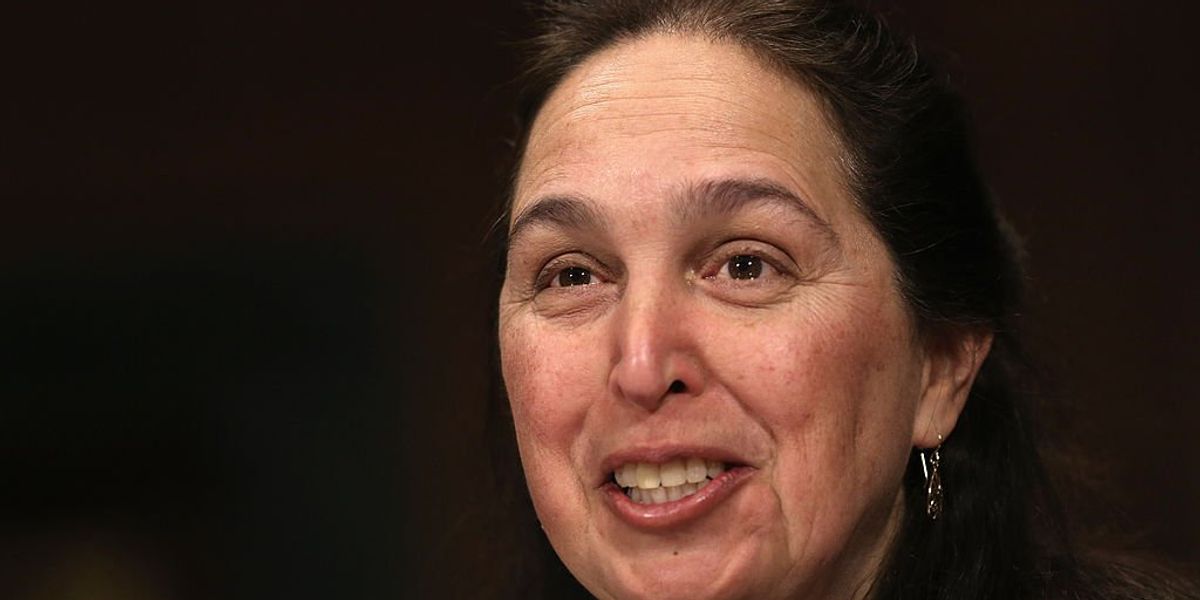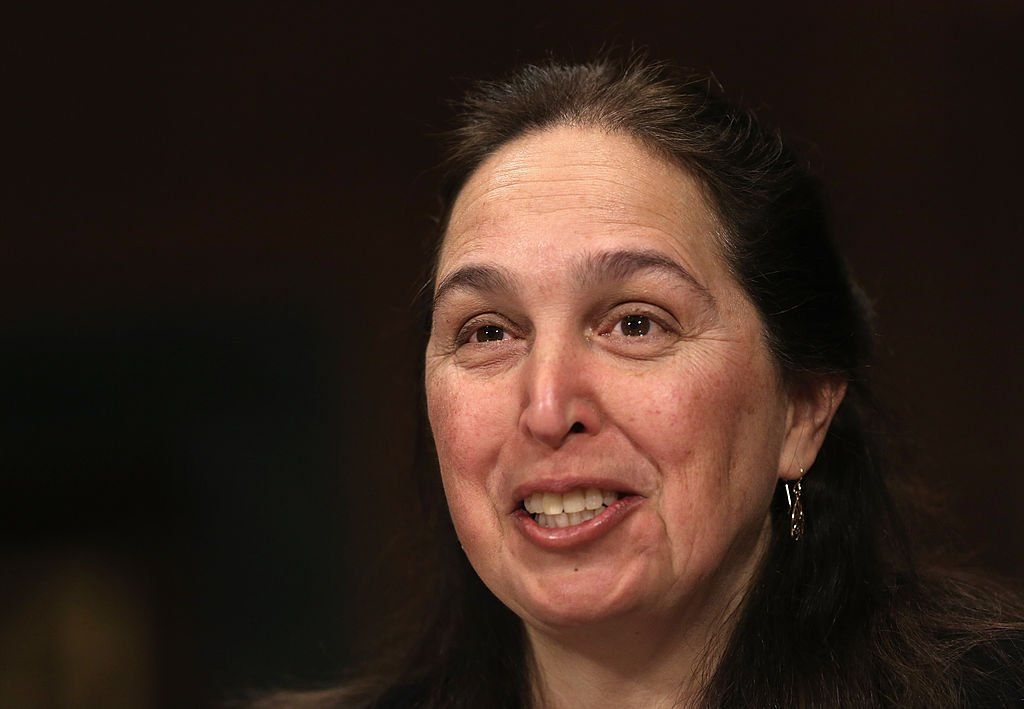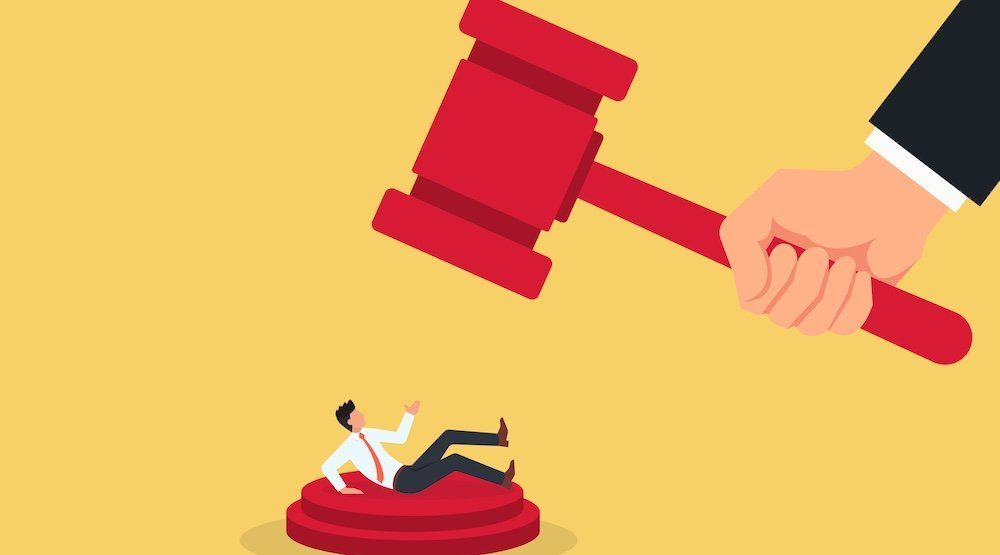

How much longer will Congress and the executive branch keep bowing to rogue judges?
On Monday, U.S. District Judge Indira Talwani in Boston ordered the federal government to continue reimbursing Planned Parenthood under Medicaid. She warned that cutting funding could cause women to “suffer adverse health consequences,” face more unintended pregnancies, and go without treatment for sexually transmitted infections.
The federal judiciary was never intended to wield this kind of unchecked power.
Congress had already voted to end the funding. The law is on the books. It went through the full legislative process and was signed by the president. But Judge Talwani believes her opinion overrides all of that. She not only reinterpreted the law, she ordered the appropriation of funds to a private abortion business.
That crosses a major constitutional line.
Judges don’t have the power of the purse. They can’t spend money. They can’t fund private organizations. Only Congress can do that. Yet that core principle of the separation of powers now seems optional. We are left with a system where unelected judges act as legislators, executives, and arbiters — and no one challenges them.
Too many conservatives hesitate to confront this reality. They’ll cheer when Trump ignores Congress on TikTok but wring their hands when he considers defying an unlawful court ruling. But judicial opinions don’t carry binding force simply because a judge wrote them. Presidents and lawmakers swear the same oath to the Constitution as judges do. They don’t swear loyalty to the judiciary.
If a court orders the government to fund Planned Parenthood in direct defiance of a law passed by Congress, and the executive branch complies, then we no longer have a functioning constitutional system. We have a judiciary with a veto power over the other branches.
This didn’t start with Talwani’s ruling, and it won’t end here. Judges now routinely issue sweeping decisions that affect the entire country, despite a recent Supreme Court ruling that supposedly reined in nationwide injunctions. Justices Clarence Thomas and Samuel Alito warned that lower courts would continue to defy precedent unless checked. They were right.
The time for deference is over. If Trump continues to honor every lawless edict from every federal judge, he only encourages more of the same. He entrenches the notion that judges make law and everyone else must obey.
RELATED: Democrats created this court monster — now it’s eating them
 Prasong Maulae via iStock/Getty Images
Prasong Maulae via iStock/Getty Images
Imagine Congress passes and Trump signs a reconciliation bill that strips federal courts of jurisdiction over immigration enforcement or Planned Parenthood funding. Under Judge Talwani’s logic, the courts could simply declare the law unconstitutional and order the executive branch to act against it — up to and including spending money Congress never appropriated. That’s not judicial review. That’s a judge acting like a one-woman super-legislature with a gavel and a god complex. Where does it end?
It never ends. Earlier this month, a judge in California ruled that ICE cannot carry out “roving” immigration enforcement in parts of the state’s Central Valley. The ruling lacked any constitutional basis. The judge simply decided too many illegal immigrants were being arrested and declared the enforcement itself a violation of rights — despite no evidence that a single American citizen had been wrongfully detained.
Rather than overturn the decision, the Ninth Circuit grilled government attorneys about whether ICE had an arrest quota. The implication was clear: Immigration enforcement itself is now suspect.
The federal judiciary was never intended to wield this kind of unchecked power. Congress holds the purse strings. The executive enforces the law. Judges interpret the law in individual cases. That’s the constitutional design.
Abraham Lincoln, in his fifth debate with Stephen Douglas in 1858, warned against treating court opinions as absolute. If citizens and lawmakers accept every ruling without question, Lincoln said, they prepare themselves to accept the next decision “without any inquiry.”
That mindset leads to tyranny. Not suddenly, but step by step.
The judiciary was supposed to be the weakest branch. It was designed that way. It has no army. It has no budget. Its legitimacy depends on its restraint. When judges cast that aside, the other branches must respond.
Otherwise, we will find ourselves governed not by the Constitution but by the whims of unelected lawyers with lifetime tenure.
If Trump does not confront the courts, we will be obliged to implement any rule from any judge who shares the same beliefs as Ilhan Omar or Alexandria Ocasio-Cortez. I’d hate to see what the next decision looks like.
















